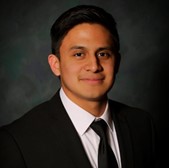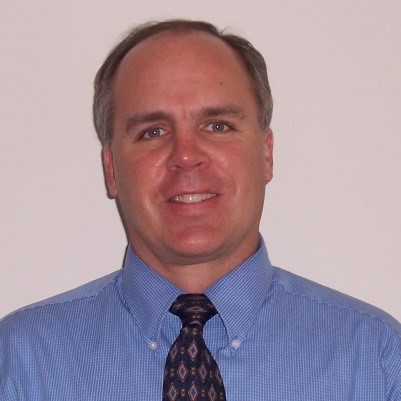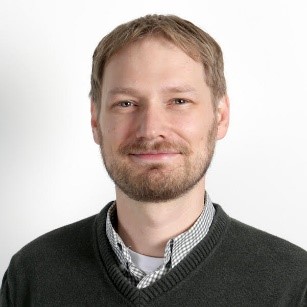Yazaki is a global leader in the design and manufacture of electrical and electronic systems for automotive applications. Students on the Yazaki Wireless Door Module Team will investigate and develop a method for powering and controlling automotive door functions that does not require electrical wiring to be routed between the door and the car body side.
Abstract:
Electrical power and signal transmission in automobiles are done primarily via a collection of wires bundled together and routed between controls and actuators. In many instances, the required routing path of the wire bundle creates difficulty for operators installing the wiring in vehicles. This is especially seen when the wires need to route through small sheet metal openings where operator access is limited such as the wiring between a car door and body side. The student project team will investigate and develop a method for powering and controlling automotive door functions that does not require electrical wiring to be routed between the door and the car body side.
Impact:
Eliminating the need for routing wiring between the door and body side sheet metal of a car, while still providing power and data communication necessary for door functions, will allow Yazaki to eliminate the potential for wiring damage during assembly, eliminate the need for grommets, plastic protectors, and special waterproofing to seal openings after wiring is installed and allow the OEMs to reduce the time for assembling doors to the vehicle body side.
See complete details
Wireless power transmission (2 Students)
Specific Skills: Wireless power technologies and Electrical Systems Design
Likely Majors: EE, CE, ISD-Systems
Electrical Systems Design (2-3 Students)
Specific Skills: Basic electrical design experience (EECS 215) and some knowledge of programming.
Likely Majors: EE, CE
Mechanical Design (2-3 Students)
Specific Skills: Mechanical Design, Design for Manufacturability, Fast prototyping, Electrical Systems (EECS 314) would be a plus.
Likely Majors: ME
Sponsor Mentors

Bryan Sandoval
Bryan Sandoval is an agile project leader within Research & Development at Yazaki North America. As an engineer, Bryan designed and tested the electronics within automotive power distribution modules. Bryan has also led teams to design and develop 48V power modules and protection devices, robotic automation in wire harness manufacturing, and water-cooled devices. In addition to product development, Bryan has spoken at multiple conferences or shows representing Yazaki R&D technologies.

Michael Boyd
Michael is a Senior Manager in R&D at Yazaki and has over 20 years of experience designing embedded electronics. He works with engineering teams on problem solving, brainstorming, and technical approaches for future products. During past summers he has led an intern program where university students work together in teams to solve real world challenges with innovative solutions
Faculty Mentor

Alanson Sample
Associate Professor, Electrical Engineering and Computer Science
Professor Sample’s research interests lie broadly in the areas of Human Computer Interaction, Cyber-Physical Systems, and wireless technology. He has spent the majority of his career working in academic minded industry research labs. Most recently he was the Executive Lab Director of Disney Research in Los Angeles where he led a research lab focused on delivering scientific & technological innovation to The Walt Disney Company through advances in Robotics, Artificial Intelligence, Computer Vision and Human Computer Interaction. Before that he was a Principle Research Scientist at Disney Research in Pittsburgh where he led the Wireless Systems Group, which created new interactive experiences by applying novel approaches to electromagnetics, RF and analog circuits, and embedded systems. Alanson received his Ph.D. in Electrical Engineering in 2011 from the University of Washington.
Course Substitutions: Honors, ChE Elective, CE MDE, EE MDE, IOE Grad Cognate, ISD AUTO 503, ISD GAME, ISD MFG 503, ISD Systems 503, MECHENG 490, MECHENG 590, SI Elective, SI Grad Cognate
Citizenship Requirements: This project is open to all students.
IP/NDA: Students will sign standard University of Michigan IP/NDA documents.
In Person/Remote Participation Options: Work will take place on campus with opportunities to travel to the sponsor’s nearest location (Canton, Mi) for work within their innovation spaces. (MDP will provide transportation).
On-Campus Participation Requirements
- Students on this team must be able to be physically present on campus in Ann Arbor to work on physical prototypes as local safety protocols allow.
Internship/Summer Opportunity: Students will be guaranteed an interview for a summer 2022 internship. The interviews will take place in January/February 2022.
